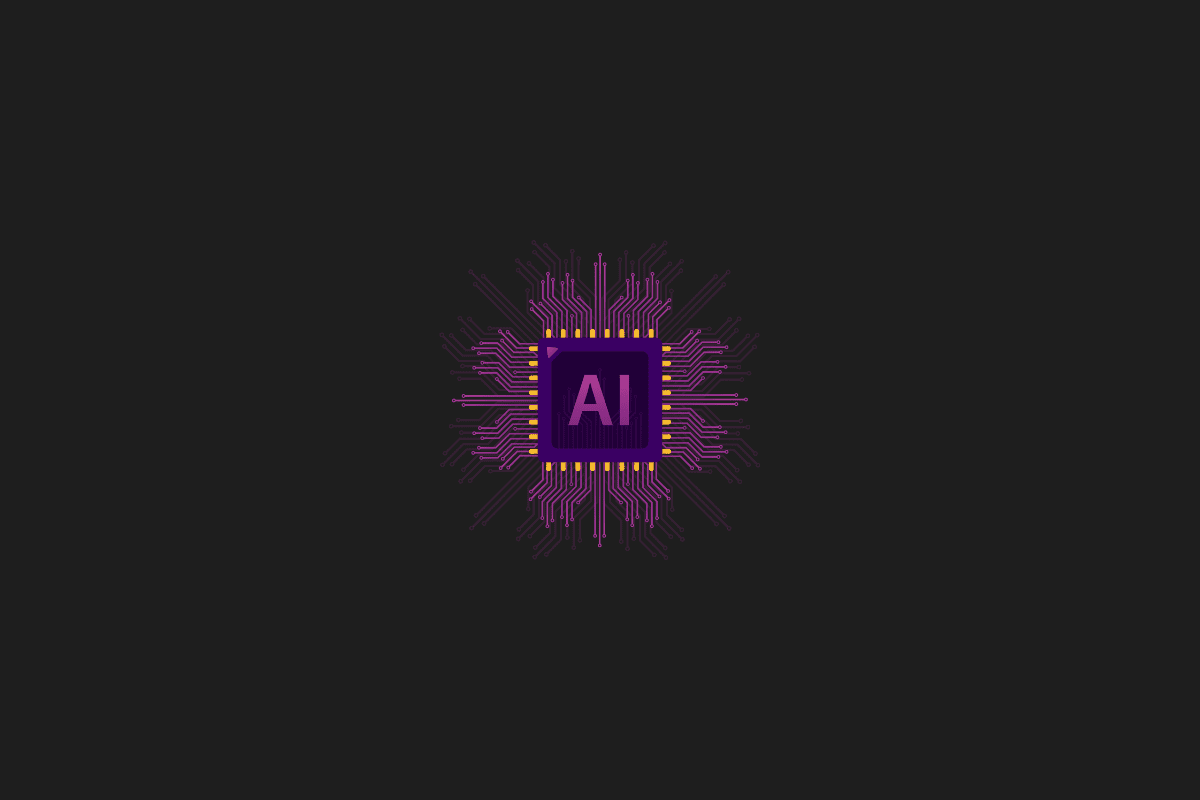Yes, artificial intelligence (AI) is legally regulated in some countries and regions. However, there is no single global regulatory framework for AI. Instead, different countries and regions are taking different approaches to regulating AI, depending on their own unique needs and priorities.
One of the most comprehensive AI regulatory frameworks in the world is the European Union’s Artificial Intelligence Act (AIA), which is expected to come into force in 2024. The AIA classifies AI systems into four risk levels: unacceptable, high, limited, and minimal. Unacceptable AI systems are those that pose a serious threat to fundamental rights and safety, and are banned under the AIA.
High-risk AI systems, such as those used in facial recognition and healthcare, are subject to strict requirements, such as transparency and human oversight. Limited-risk AI systems, such as chatbots and spam filters, are subject to less stringent requirements. Minimal-risk AI systems, such as weather forecasting and product recommendation systems, are not subject to any specific regulation under the AIA.
Other countries and regions with AI regulatory frameworks include:
- United States: The United States does not have a comprehensive AI regulatory framework, but there are a number of sector-specific regulations that apply to AI systems, such as regulations in the financial and healthcare sectors.
- China: China is developing a comprehensive AI regulatory framework, but it is not yet clear when it will be finalized.
- Canada: Canada is developing a number of AI-related policies and regulations, but it does not have a single comprehensive AI regulatory framework.
- South Korea: South Korea has a number of AI-related laws and regulations in place, but it is considering developing a more comprehensive AI regulatory framework.
Even in countries and regions without specific AI regulations, there may be other laws and regulations that apply to AI systems, such as data protection laws, consumer protection laws, and anti-discrimination laws.
It is important to note that the legal regulation of AI is still evolving. As AI technology continues to develop, it is likely that we will see more and more countries and regions develop AI regulatory frameworks.
